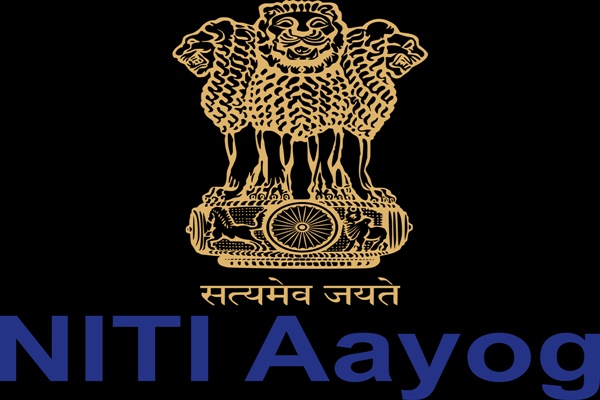Quantum Computing

- 08 Mar 2025
In News:
NITI Ayog releases strategic paper on implication of quantum computing on national security.
What is Quantum Computing?
Quantum computing utilizes quantum bits (qubits), which leverage the principles of superposition and entanglement, enabling them to exist in multiple states simultaneously. Unlike classical bits (0 or 1), qubits can perform parallel computations, exponentially increasing processing power.
Global Landscape and India's Position
- Global Investments: Over $40 billion invested by 30+ nations.
- China: $15 billion (leader)
- USA and EU: Close followers
- India: Launched the National Quantum Mission (NQM) in 2023 with a budget of ?6,003 crore (~USD 750 million) to boost indigenous capabilities in computing, cryptography, communication, and sensing.
National Quantum Mission (NQM): Key Highlights
- Timeframe: 2023–2031
- Quantum Computers: Build systems with 50–1000 physical qubits using superconducting, photonic, and other platforms
- Secure Communication: Satellite-based secure quantum links over 2000 km within India and long-distance secure communication with other nations
- Quantum Sensing & Metrology: Development of precision navigation tools like atomic clocks and magnetometers
- Thematic Hubs (T-Hubs): To be established in premier R&D institutes in four domains:
- Quantum Computing
- Quantum Communication
- Quantum Sensing & Metrology
- Quantum Materials & Devices
Quantum Technology in Defence& National Security
- Cybersecurity
- Existing encryption standards will become obsolete.
- Urgent need for Post-Quantum Cryptography (PQC) to protect critical digital infrastructure.
- Signals Intelligence (SIGINT) & Espionage
- Quantum computers can decrypt communications at scale, risking exposure of classified diplomatic and military data.
- Enables real-time data processing for advanced surveillance.
- Military Applications
- Quantum materials improve stealth detection and weapon precision.
- Enhances autonomous weapons and navigation in GPS-denied environments.
- Logistics & Planning: Quantum AI can optimize defence logistics, battlefield resource allocation, and strategic decision-making.
- Economic Security: Quantum computing can protect or exploit vulnerabilities in financial systems, posing potential risks to economic stability.
Challenges for India
- Funding Gap: India’s allocation is modest compared to global peers.
- Hardware Dependence: Relies on imports for cryogenic systems, high-purity materials, and specialized lasers.
- Limited Industry Participation: India's ecosystem is academia-driven, with limited private sector engagement.
- Cybersecurity Risk: Legacy systems vulnerable to quantum attacks.
- Talent Shortage: Lack of trained quantum scientists and engineers.
- Geopolitical Race: Export restrictions by advanced countries can limit India’s access to key technologies.
Recent Advances in Quantum Technology
- Atom Computing/ColdQuanta: Improved qubit coherence for stable computations.
- IBM/Quantinuum: Enhanced qubit control and error reduction.
- Google Willow Chip: Introduced self-correcting qubit system.
- Microsoft Majorana-1: Developed topological qubits to improve fault tolerance.
Recommendations by NITI Aayog
- Policy & Preparedness:
- Form a National Quantum Task Force to monitor global trends and threats.
- Develop an Early Warning System for quantum vulnerabilities.
- Implement a PQC Transition Plan across critical sectors.
- R&D & Startups:
- Increase funding to scale quantum startups and indigenous hardware.
- Promote public-private partnerships to commercialize academic research.
- Supply Chain Development:Invest in domestic manufacturing for quantum components like chips and lasers.
- Global Engagements:
- Strengthen partnerships with the US, EU, and Japan.
- Advocate for easing export controls to access vital technologies.
